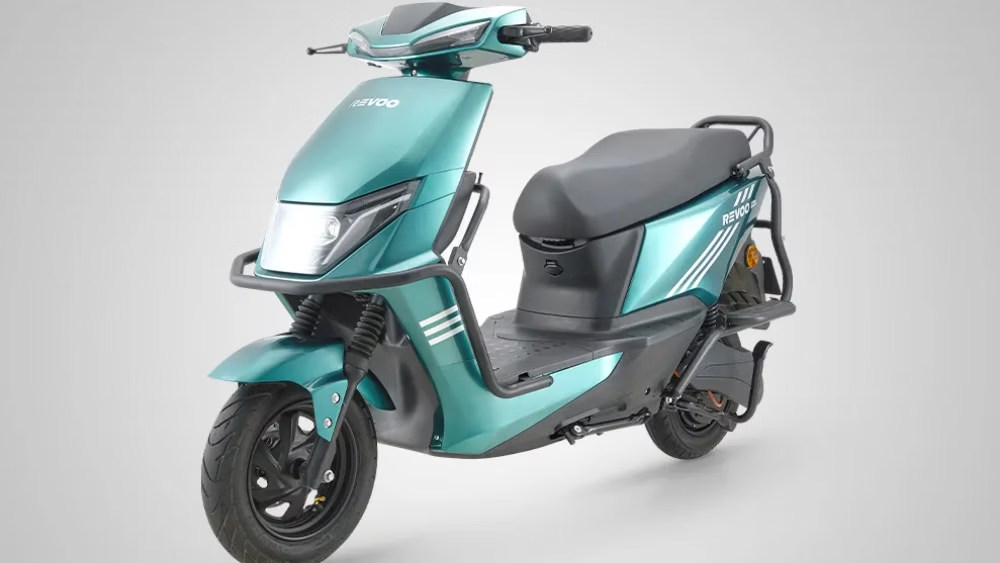
Federal Government to Unveil Five-Year Electric Vehicle Policy Backed by IMF
The government of Pakistan is set to take a major leap toward sustainable transport by launching a new five-year Electric Vehicle (EV) policy on August 14. Backed by the International Monetary Fund (IMF), this comprehensive policy aims to accelerate the adoption of electric bikes and rickshaws, with significant subsidies and ambitious targets for transforming the nation’s transport sector.
A Major Financial Commitment for Green Mobility
For the current fiscal year, the IMF has allocated Rs. 9 billion out of a total Rs. 100 billion subsidy package to support the transition to energy-efficient transportation. This financial commitment underscores the importance the government and its international partners place on reducing Pakistan’s reliance on fossil fuels. The primary focus will be on two- and three-wheelers, which dominate Pakistan’s roads, especially in urban centers and rural areas where affordable mobility is crucial.
Subsidies to Drive Adoption of Electric Bikes and Rickshaws
A key feature of the new policy is a direct subsidy for each electric bike and rickshaw, approximately Rs. 50,000 per unit. The government aims to distribute 116,000 electric bikes over the first two years of policy implementation. This approach is designed to make EVs more accessible to the general public, particularly low-income groups who rely heavily on motorcycles and rickshaws for daily commuting and livelihoods.
By reducing the upfront cost of electric vehicles, the government hopes to encourage widespread adoption, cut down air pollution, and lower the country’s fuel import bill. The subsidy also addresses one of the main barriers faced in the previous EV policy, where high initial costs and insufficient incentives led to disappointing results.
Learning from Previous Shortcomings
The previous electric vehicle policy, while ambitious, fell significantly short of its intended targets. The government had set out to introduce 500,000 two- and three-wheeler EVs into the market, but only about 50,000 were realized. Similarly, only 200 electric buses entered service compared to a target of 1,000 buses. In the case of four-wheelers and trucks, a mere 3,000 and 1,000 units were deployed respectively, starkly short of the 100,000 target.
The new policy has been crafted with these lessons in mind, emphasizing realistic goals, stronger financial backing, and a structured rollout plan. The phased distribution of electric bikes and targeted support for rickshaws reflect a more pragmatic approach, with greater attention to market demand and the challenges faced by end-users.
Long-Term Support and Future Subsidy Plans
Looking ahead, the policy outlines a substantial increase in subsidy allocations over its lifespan. Future allocations include Rs. 19 billion for the fiscal year 2027, Rs. 24.16 billion in 2028, Rs. 26.62 billion in 2029, and Rs. 22.64 billion in 2030. This funding trajectory signals ongoing government commitment to the EV transformation and assures stakeholders that support will not wane after the initial years.
The structured subsidy rollout is also expected to attract investment from both domestic manufacturers and international partners, fostering local production and creating new job opportunities within the growing green mobility sector.
Official Launch on Independence Day
Prime Minister Shehbaz Sharif is expected to formally announce the new policy and the rollout of electric bikes on Independence Day, August 14. The timing highlights the government’s intention to align national progress with the broader goals of economic and environmental sustainability.







